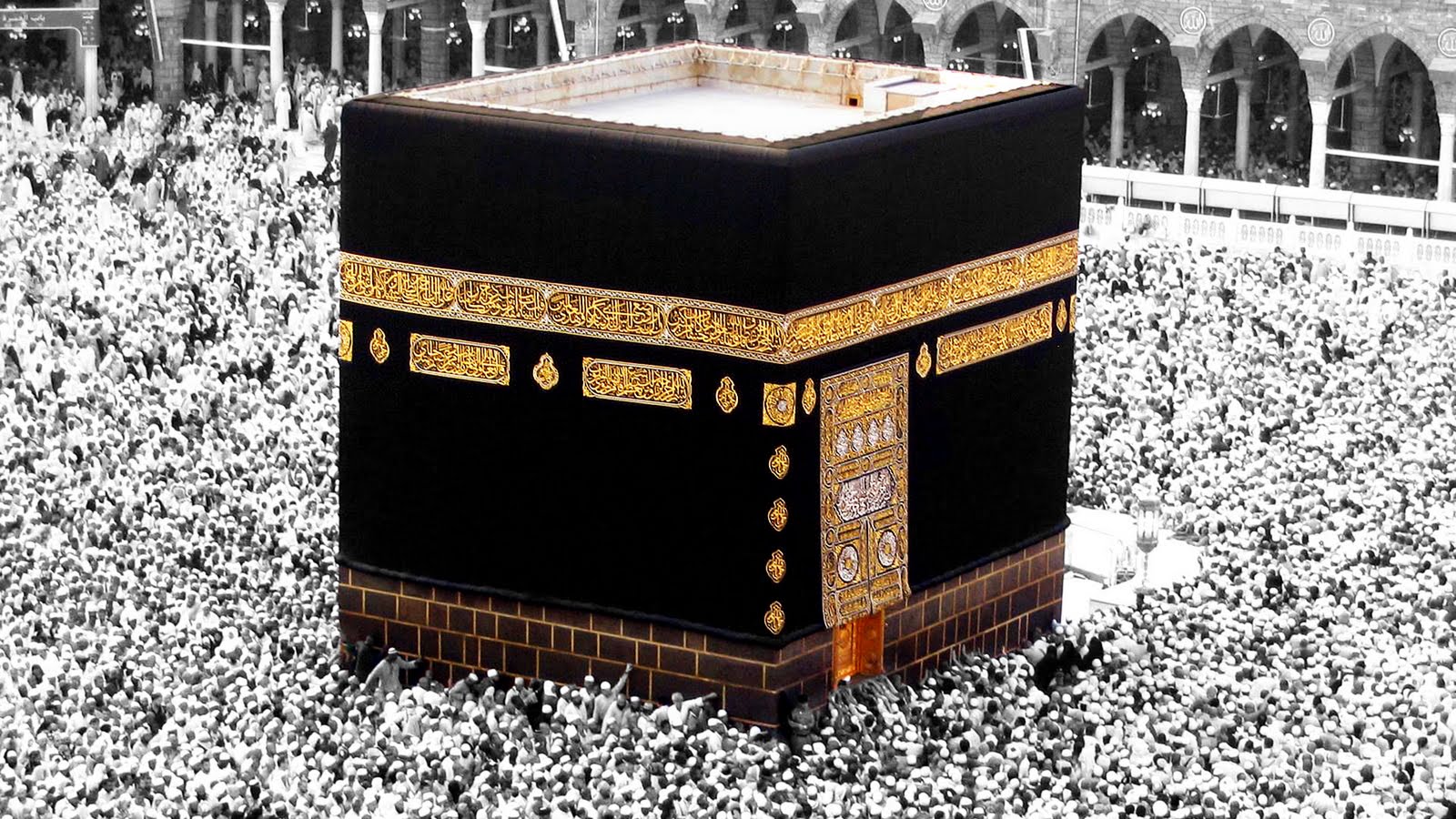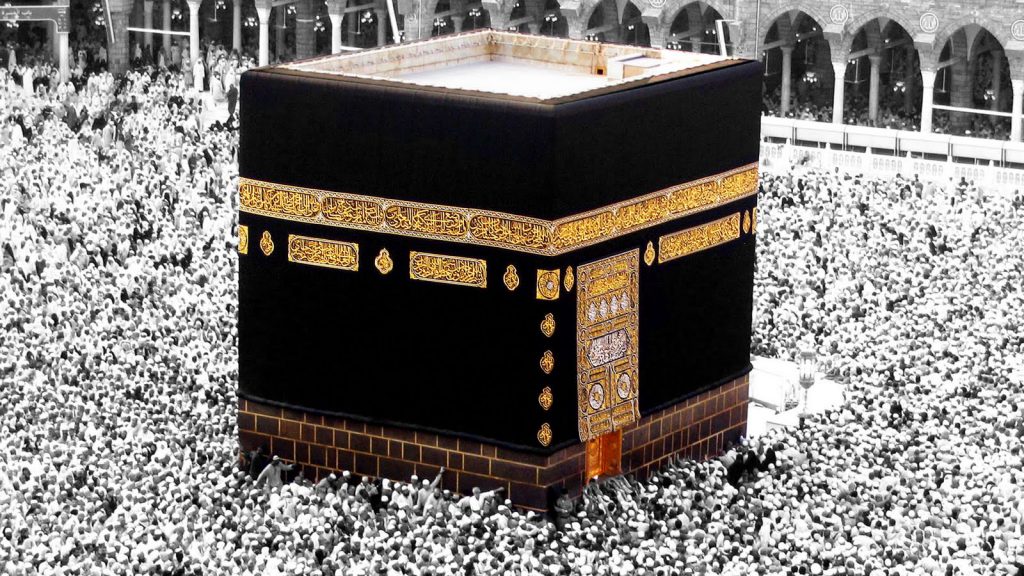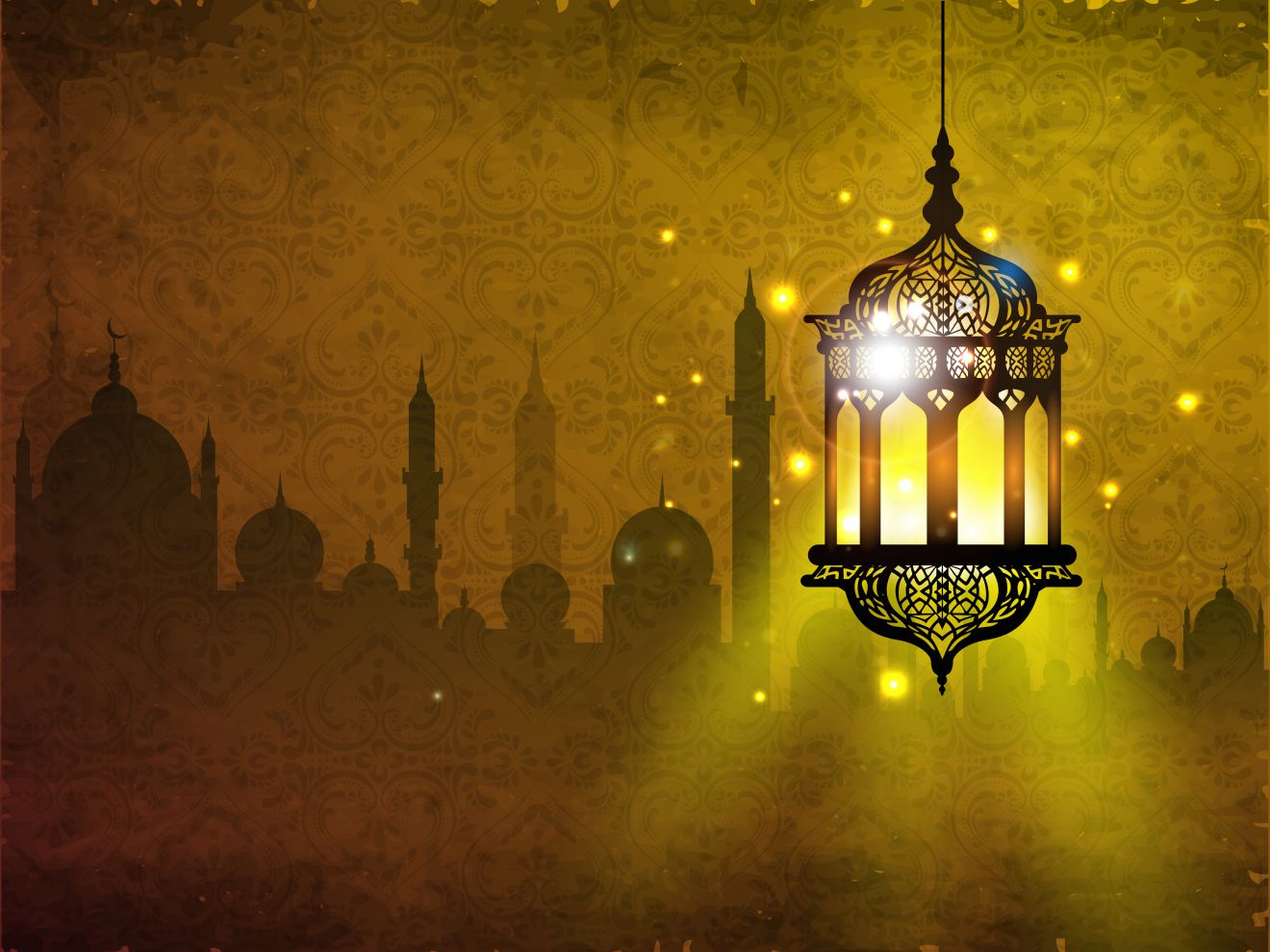The essence of fasting
Ramadan is a month characterised by fasting and constant worhship, ibaadah. For the entire month, Muslims abstain from food and drink in order to please Allah.
But how many of us really understand the essence of fasting?
Fasting is not the mere abstention from food and drink. It is much deeper than that. Fasting affects the very core of our being; our soul. Allah has designed the month of Ramadan in such a manner that the spiritual uplifting gained from fasting is rewarding to the soul and body in this life and the hereafter.
Fasting is an obligation, as Allah commanded Muslims in the Holy Qur’an, {O you who believe! Fasting has been prescribed for you as it was prescribed for those before you that you may attain taqwa.} (Surah Al-Baqarah, Chapter 2, verse 183)
So, as believers of monotheism, we should abstain from food and drink as Allah has commanded us. However, as the continuation of the verse states, fasting helps believers to attain taqwah or God-consciousness. Thus, fasting of the stomach is not the only means of fasting, though it fulfils the basic condition for fasting. To attain taqwa, a believer should fast with all their limbs.
Fasting of the Heart:
The true fast can only be achieved if the heart is engaged in that which is pleasing to Allah. One’s heart should participate in the fast and it should abstain from corruptions, pride, and all that is evil. The believer’s heart should remain pure and sincere whilst enduring the ‘difficult’ conditions of lack of food and drink. They should fast from anger, impatience and frustration, all of which are emotions which could result from hunger and thirst. Among the signs of righteousness in Ramadan is that a fasting person remains calm, carries a smile, is gentle and maintains a good character.
Fasting of the Eyes:
The gaze was described by Prophet Muhammad (peace be upon him) as “an arrow from among the devil’s arrows.” (Ahmad) Thus, it is only natural that whilst fasting, a person’s gaze should be restrained. The eyes should fast from gazing freely at that which it is forbidden to look at. As Allah says in the Qur’an, {Tell the believers to lower their gaze…}(Surah An-Nur, Chapter 24, verse 30)
This is for both the men and the women, to lower their gaze. The reward for doing so is that Allah replaces it with a sweetness of strong faith.
Fasting of the Tongue:
The tongue can be one of the best parts of the body or the worst. If used for the remembrance of Allah it can bring heap loads of benefit. However, if used incorrectly it can be the cause of entering the Hellfire, as the Prophet (peace be upon him) told his companion, Mua’dh ibn Jabal, “Shall I show you what will gather for you all of that (good)? Mu’adh replied, “Of course!” He (peace be upon him) said, “Restrain this,” and he took hold of his tongue. Mua’dh asked, “O Messenger of Allah are we accountable for what we speak?” He (peace be upon him) replied that some people will enter Hellfire as a result of what their tongues reaped. (Tirmidhi) The tongue should fast from abusive language, cursing, gossiping, lying, backbiting, and all that will earn you nothing but sins. This Ramadan, save your tongue and voice from uttering sinful and idle talk and instead, recite the Book of Allah. As the Prophet (peace be upon him) taught us, engage in phrases which are light on the tongue, heavy on the scales of our deeds on the Day of Judgment, and dear to The Most Merciful. Repeat phrases such as, “Glory be to Allah”, “All praise is to Allah,”, “Allah is the Greatest”.
I have only given a few examples of how the noble goals of fasting can be accomplished. The list of examples can go on. Each part of our body should fast from doing that which is forbidden and what is displeasing to Allah, so that we may attain taqwa, and draw closer to Allah.
Only when we fully engage ourselves in this respect can we realize and experience the true essence of fasting, and allow our souls to take full advantage of the spiritual treat that Ramadan truly is.
Article by: saudigazette.com.sa


